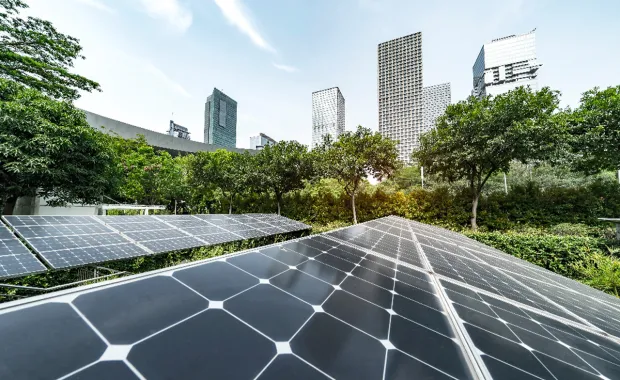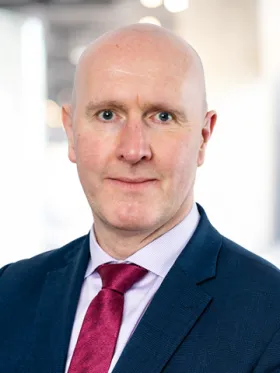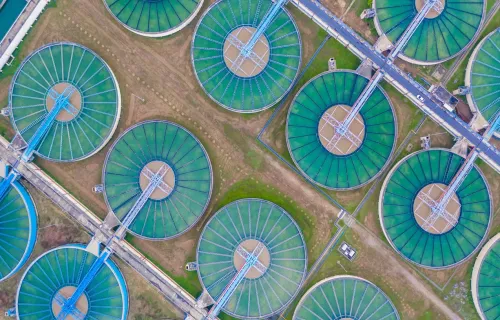According to the World Resources Institute, 73% of all greenhouse gas emissions accrue from consumption of energy, and almost 30% are created by energy use in buildings and road transport. It’s therefore no surprise that the energy transition is at the vanguard of climate action and that the electrification of heat and transport are considered vital levers in accelerating progress on delivering Britain’s legally binding net zero target.
But this reconfiguration of the energy system brings with it new challenges. The laws of physics, or at least the laws of electrical and chemical engineering, may not be changing, but the dynamics of the energy system ARE changing – fundamentally! If we, as consumers, are to continue to enjoy the levels of reliable access to energy that we have come to take for granted, then it’s not just much greater visibility of what is happening much deeper within the system that’s needed, but the ability to respond to those changing dynamics in much nearer to real time will be vital.
The Energy Data Taskforce recommendations on visibility of data and of infrastructure & assets lays the foundation for creating digital models of the different parts of the energy system. Data interoperability enables interconnection and integration of those models to provide a whole system view, such as interconnection between digital models of the electricity transmission networks and contiguous distribution networks. These themes were reinforced by research conducted by Utility Week on behalf of CGI, which identified the need for gaps in system intelligence to be addressed and the need for data interoperability.
It seems that we’ve barely entered the Fourth Industrial Revolution and cyber-physical systems before we’re moving onto the Fifth Industrial Revolution and human-machine collaboration. True digital twins, through dynamic integration with their physical twin and access to real-time data, will play a key role in enabling the 5th Industrial Revolution. Digital twins, leveraging Ai, can automate the complex decision taking (within bounds!) needed to keep the energy system reliable in operational timescales and facilitate human-machine collaboration to enhance human decision taking in the most complex, mission-critical scenarios.
Actionable, real-time insights on the status of the energy system will be required to respond to these changed dynamics within operational timescales and deliver the promise of a reliable, decarbonised energy system. The foundation of accurate, connected digital models of the transmission and distribution networks, when combined with near real-time access to data from sensors and smart devices throughout the system, will provide visibility of what’s happening when. This will enable simulation of different operational interventions to be evaluated and the system optimised. The two-way data flow between the physical system and its digital twin will ensure that the response of the physical system is reflected in the digital twin and that the operational decisions informed by the digital twin deliver the expected outcomes in the physical world.
Hopefully I’ve convinced you that true digital twins are vital to delivering a successful energy transition that many consumers may not even notice – because they continue to have reliable access to energy every time they throw their light switch or plug in their EV. But more than that, the energy sector will also be at the vanguard of the Fifth Industrial Revolution.
Digital twins are vital to accelerating the journey to a decarbonised energy system, maintaining reliable access to energy and delivering Britain’s legally binding net zero commitments. Projects like the Ofgem SIF funded Powering Wales Renewably Discovery phase provide key stepping stones to proving the value of digital twins in the future energy system.
This blog was produced as a guest blog contributing to techUK’s Digital Twin Campaign Week.






